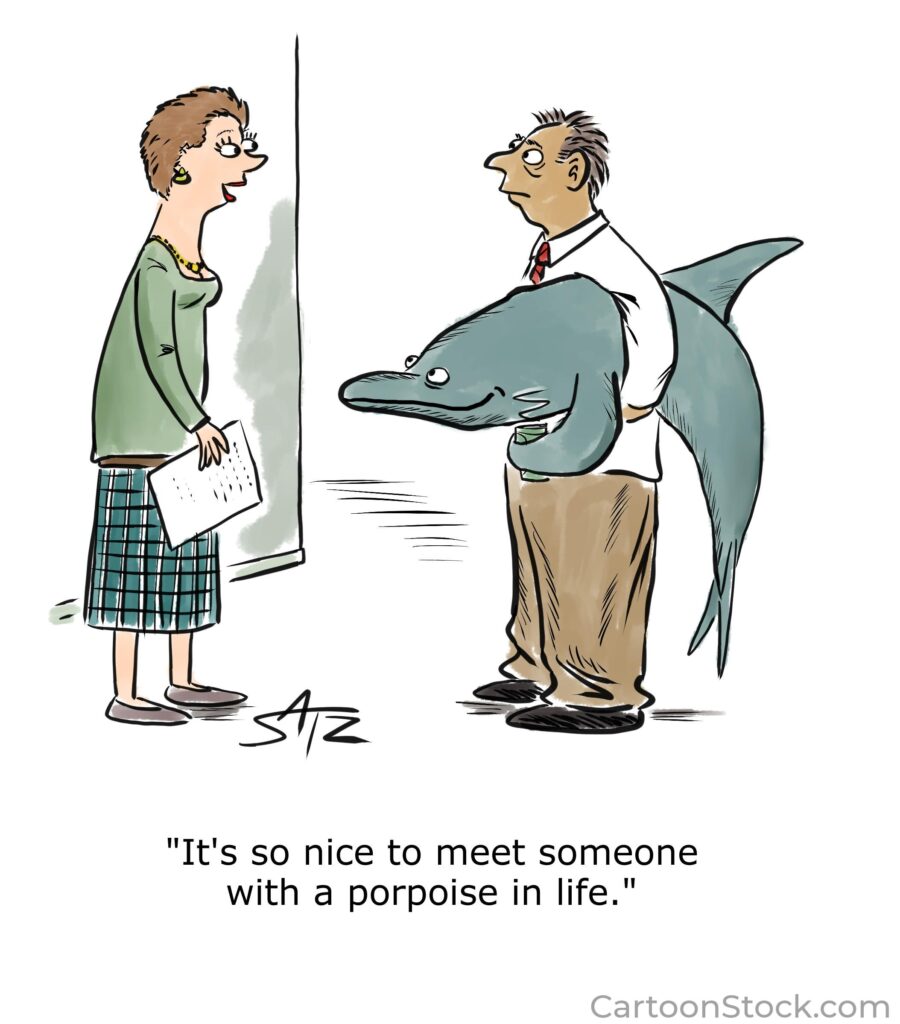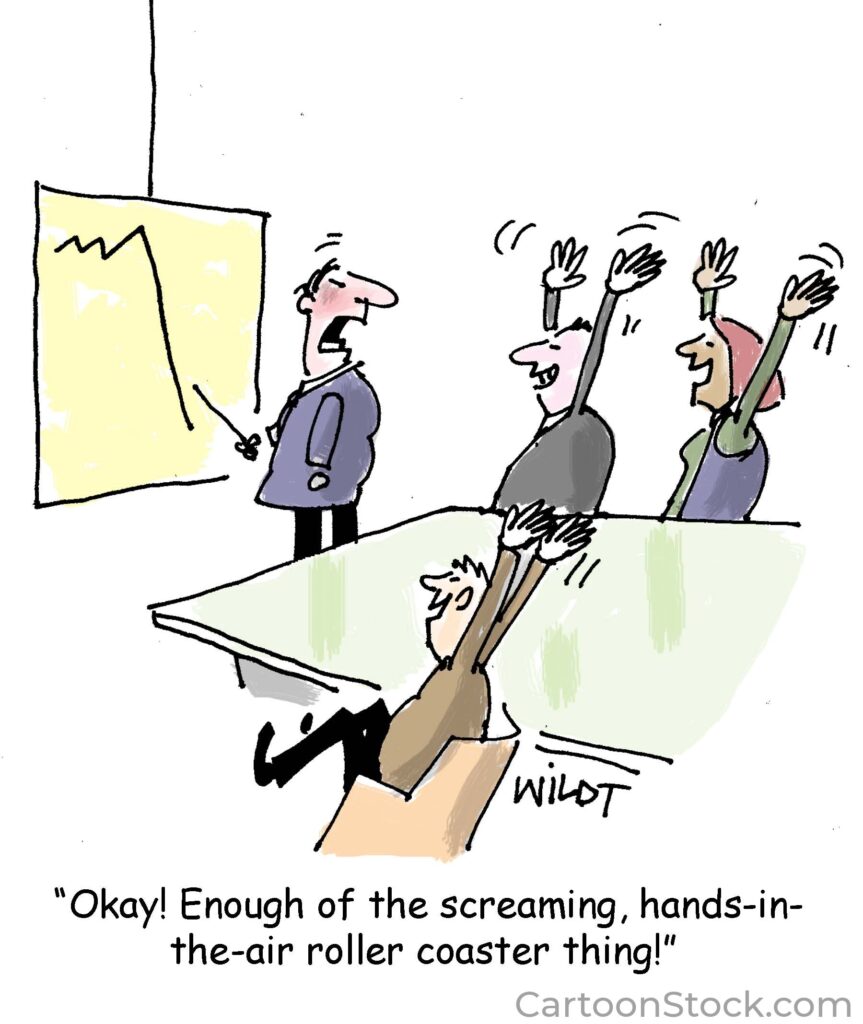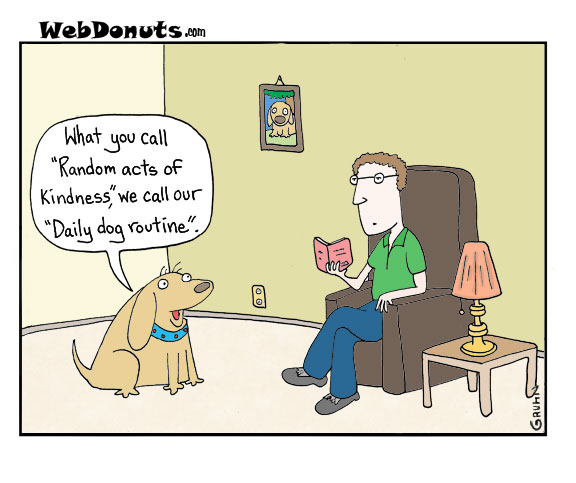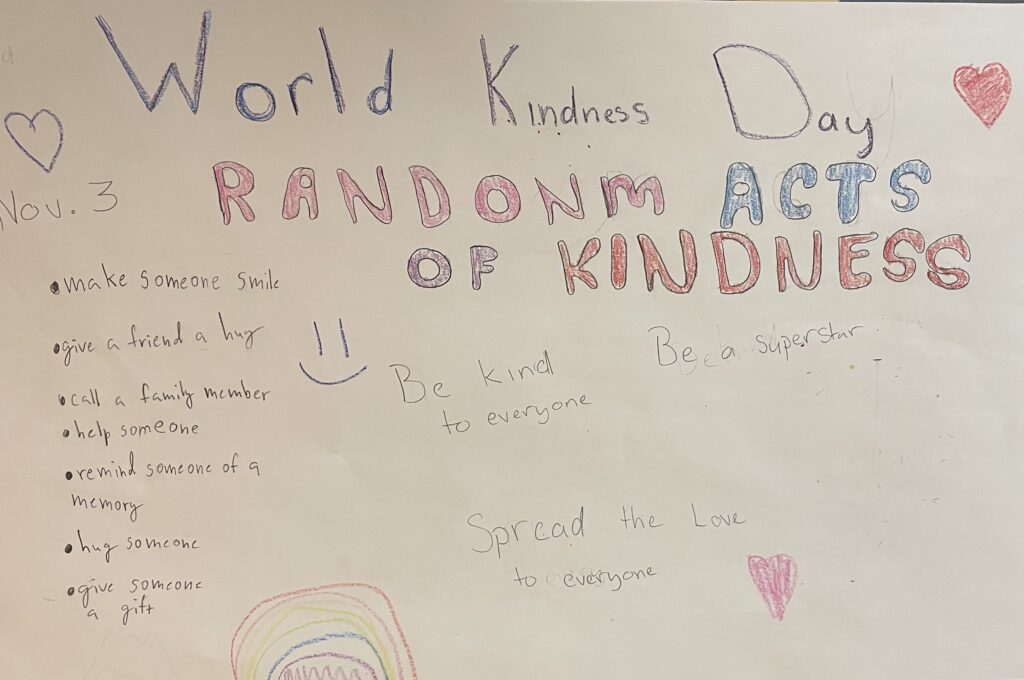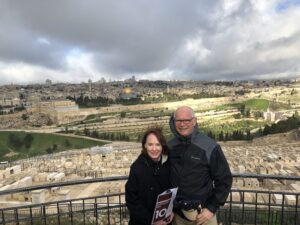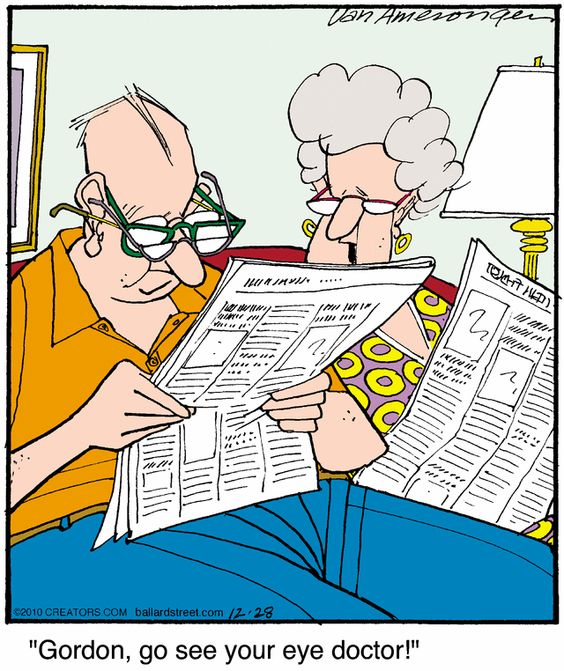
Here’s a simple exercise that can significantly enhance your life:
-
-
- Make a list of the relationships that bring you joy. When you’re around these people you are happy and uplifted. Spend more time with these people.
- Make a list of the relationships that drag you down. These people have a negative effect on you. Limit your time with them.
- Make a list of activities and experiences that bring you joy. Spend more time doing these.
- Make a list of activities and experiences that drain you. Spend less time doing these.
-
Here are my lists:
Life-giving relationships—Every member of my immediate family (I am blessed to be able to say that), every member of my staff at church (again, I am so fortunate), friends I travel with, Christopher, Michael, Dane, my dog Buddy (yes, it is a relationship), and others.
Life-draining relationship—I best not go public with this information.
Live-giving activities and experience—Spending time with my grandson Benjamin, working in my vineyard, traveling (particularly on a cruise ship), worship at Stonebriar, reading, deep conversations, museums, cooking.
Life-draining activities and experiences—House and car repairs, pessimistic people, inordinately needy people, shallow conversations.
But what if your work requires you to be around people who drag you down or requires you to do stuff you don’t like to do? Well, every job has its pros and cons, but if your job has more cons than pros, get a different job. Seriously, life is short so don’t get in a rut and stay there (a rut has been defined as a grave with both ends extended).
I often reflect on Niebuhr’s Serenity Prayer. My favorite lines are:
God, grant me the serenity to accept the things I cannot change, the courage to change the things I can, and the wisdom to know the difference.
In this post I’m suggesting that there are four areas of your life that you can control, even if in a limited way. You may not be able to avoid all life-draining people and experiences, but you can increase the time you spend with life-enhancing people and experiences.

